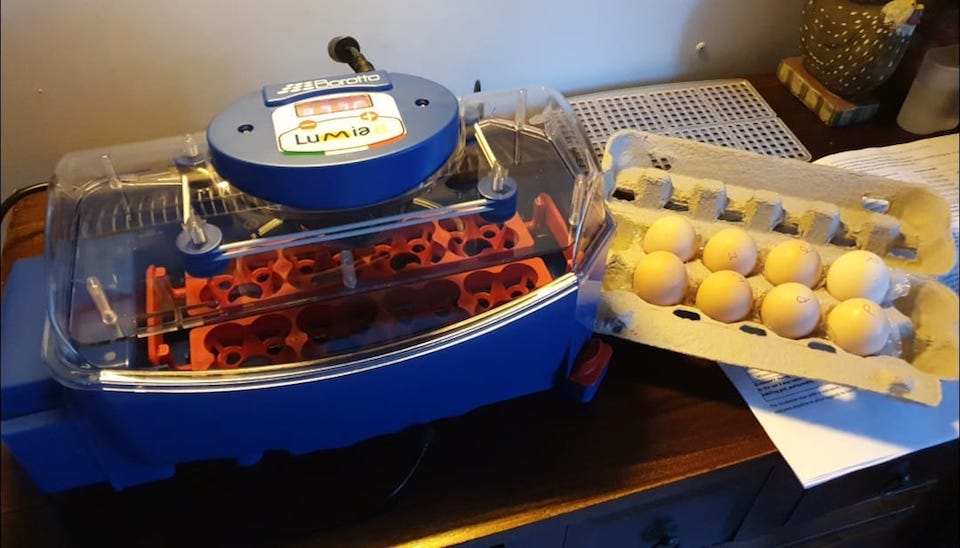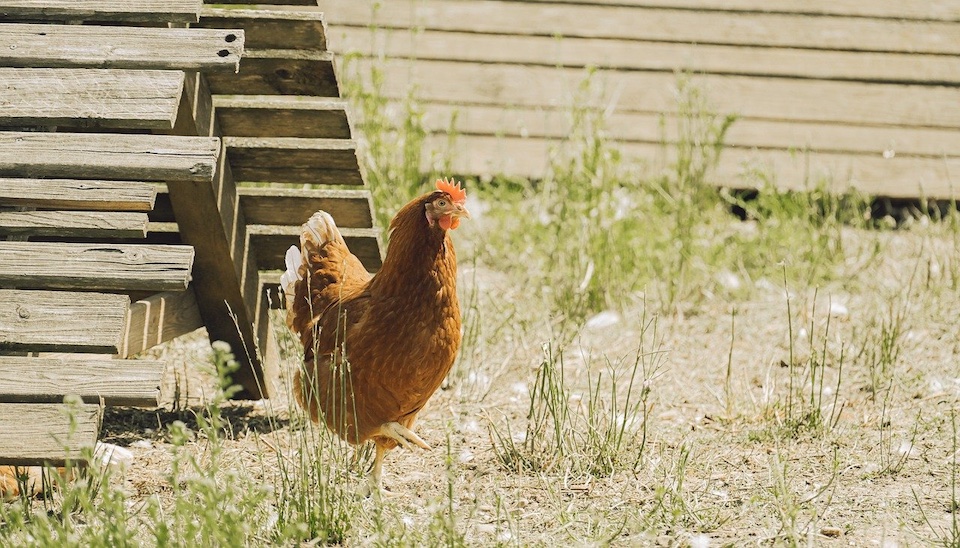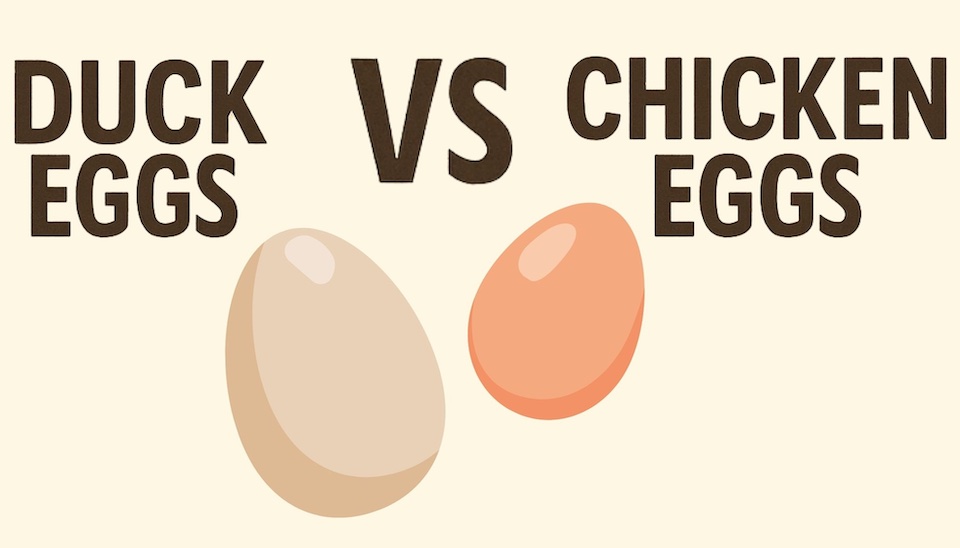How many eggs to incubate or hatch
How many eggs should I hatch?
The first question to ask when hatching chicken eggs is how many eggs to incubate. The answer is different depending whether you are incubating the eggs or setting them under a broody hen. The source of eggs is also important.
When starting out, it can be tempting to fill the incubator with eggs. However, incubating eggs isn't as simple as getting as many chicks as eggs.
On the one hand, you need to plan for how many chickens you actually want to add to your flock. On the other hand, you need to accomodate for the fact that hatch rates are extremely variable. Then you also need to remember that 50 % of your chicks will probably turn out to be roosters!
The first thing to do when incubating eggs is try to work out what your hatch rate will be like.
(:1f423:) What factors affect hatch rates?
It is impossible to accurately predict how many of the eggs you incubate will successfully hatch. But it is helpful to consider whether you are likely to have a very high or very low hatch rate.
Hatch rates can be extremely variable because there is such a large number of factors that can affect them. Essentially, you need to look at both the initial fertility of the eggs you will be incubating and the treatment of the eggs both before and during incubation.
Hatch rates can be predicted (very inaccurately!) by considering egg fertility and environmental factors influencing watchability.
Factors influencing egg fertility
To start, hatch rate is influenced by the fertility of the eggs. Initial fertility is dependent on the parent birds and is influenced by:
- Genetics
- Age
- Health
- Diet
- When the rooster and hen were together
- The ratio of roosters to hens in the flock
Even the temperament of the birds can have some influence over how fertile eggs are likely to be. However, diet is particularly important. Any type of vitamin or mineral deficiency, even if it does not produce any other symptoms, is likely to impact fertility. Protein intake is also very important for breeding birds.
Environmental factors influencing hatchability
There are also many factors that can decrease the hatchability of an otherwise fertile egg, including:
- The time between when the egg was laid and when incubation began
- Storing eggs incorrectly prior to incubation
- Minute cracks in the egg shell
- Extreme temperatures
- Shaking or jolting the egg - even a car ride can reduce fertility!
- Inconsistent or incorrect temperatures in the incubator
- Inconsistent or incorrect humidity in the incubator
- Poor ventilation
- Disease
- Bacterial infection
- Failure to rotate eggs correctly
(:1f423:) What is the hatch rate for eggs?
Only very rarely do all the eggs in an incubator hatch. The same can be said of eggs set under hens. But because there are so many factors involved, it is impossible to exactly predict the hatch rate of chicken eggs.
As a rule, the hatch rate for eggs that have not travelled and are incubated soon after laying is relatively high. Many sources say 75 %, although the real rate can be much higher or lower for a given clutch. This is, of course, assuming that the eggs are placed into an ideal incubation environment.
For eggs that have been posted or even transported in a car, the hatch rate can decrease significantly even when the incubation environment itself is perfect. Often the hatch rate for these eggs is relatively low, as low as 25 % in some cases.
(:1f423:) How many eggs should you incubate?
As you can see, hatch rate is extremely variable. It can be anywhere from 0 to 100 %. Because there are so many factors involved, it is often difficult to identify the reason for poor hatches.
In order to account for roosters, you must incubate at least double the number of eggs than the number of hens you would like to end up with.
If the eggs you are incubating are likely to be affected by posting, storage or any other factor, three times the number of hens you want to end up with might be a better bet.
If you are receiving eggs by post, the breeder can usually give you an indication of normal hatch rates for eggs sent through the mail.
Ultimately, it is usually fairly easy to get rid of excess hens to good homes. Certainly, it is easier to do this than hatch another clutch of eggs and raise more chicks. But in all cases, don’t forget that you also need to do something about the roosters!
(:1f423:) How many eggs should you set under a hen?
Hatch rates for eggs set under hens are affected by many of the same factors as incubated eggs.
You need double the eggs as hens you want, and for eggs that are subject to postage, storage or any other factor, you may need to triple.
Broody hens may break an egg or two by accident, during the incubation period. This is especially the case where they are sharing the nesting box with other hens or sitting on a large number of eggs.
Another important consideration is the size of your broody hen. Most sources recommend setting 6-8 average eggs under an average-sized hen in order to ensure she is big enough to keep all of the eggs at an even temperature. Smaller hens, such as silkies, should be set on fewer eggs.
That said, good breeders can successfully hatch much larger clutches of eggs than you would think possible, because they move the eggs to ensure even temperatures. This does tend to result in more broken eggs, however, which is a consideration when you are buying fertilised eggs. Successful large clutches are also more common in warmer areas. We once had a Leghorn, a relative small breed, hatch 27 eggs successfully!
(:1f423:) Do you want to learn more?
- Where to get fertile chicken eggs for incubation
- Introducing new chicks or chickens to your flock
- Should you incubate eggs or put them under a chicken?
Happy hatching!
Rachael at Dine a Chook Australia



